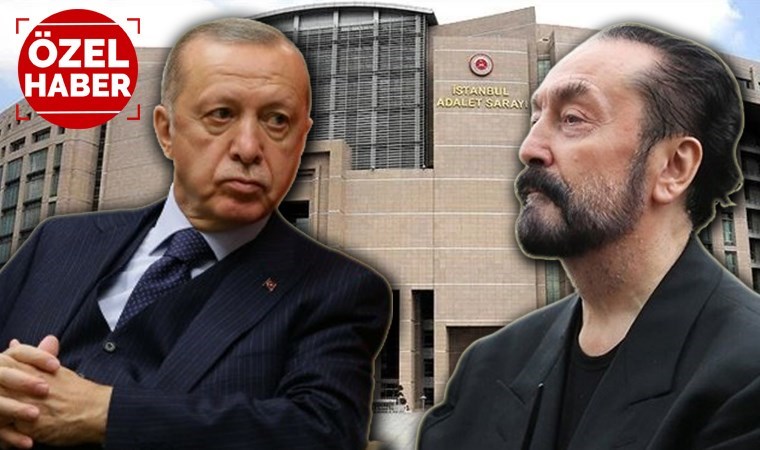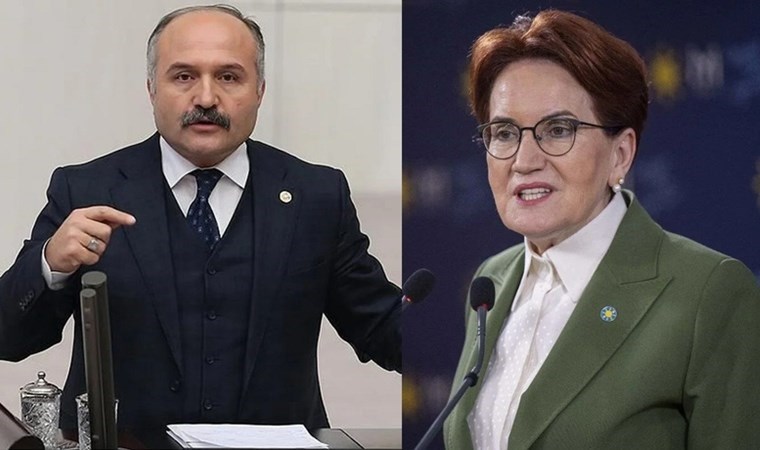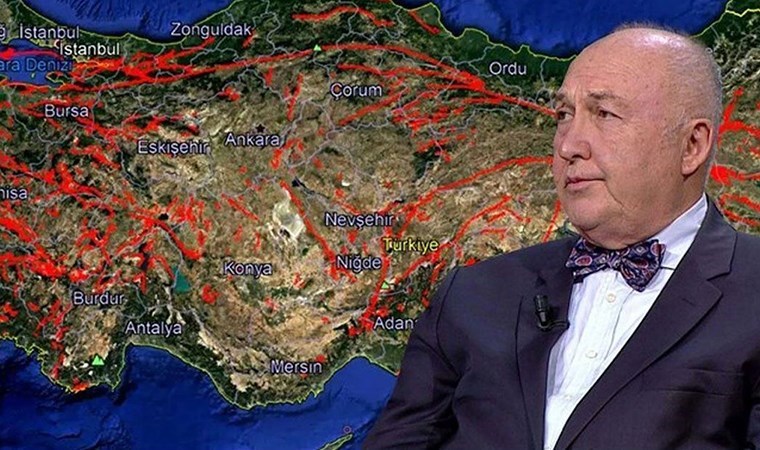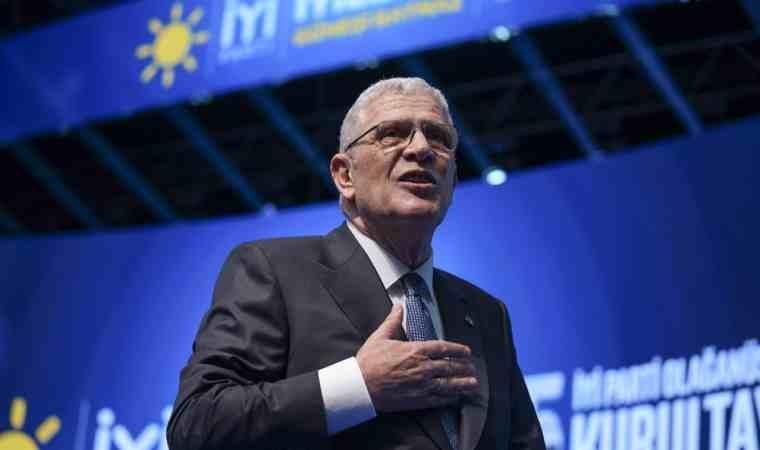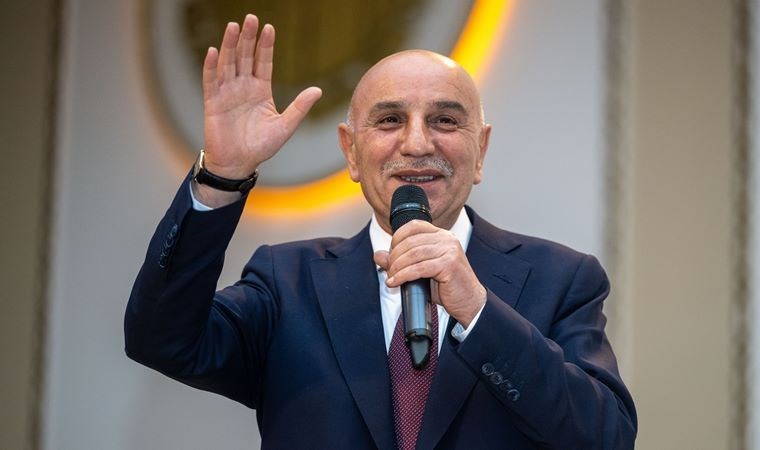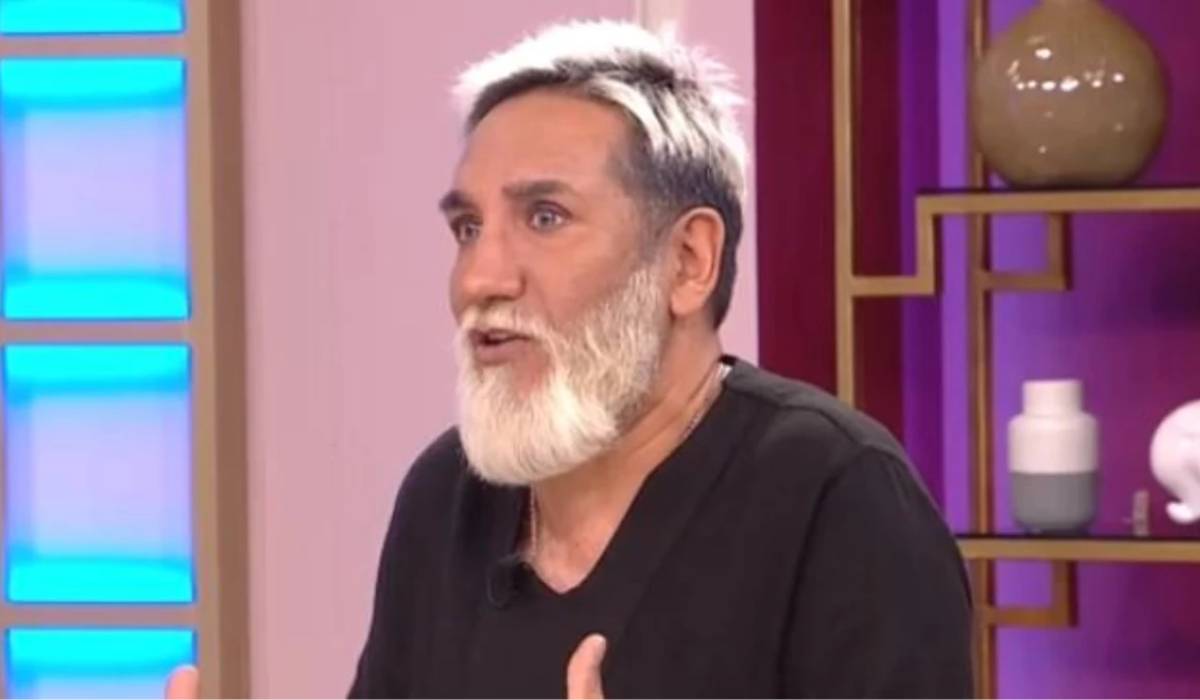Erdogan surrendered to the IMF
Mustafa Balbay
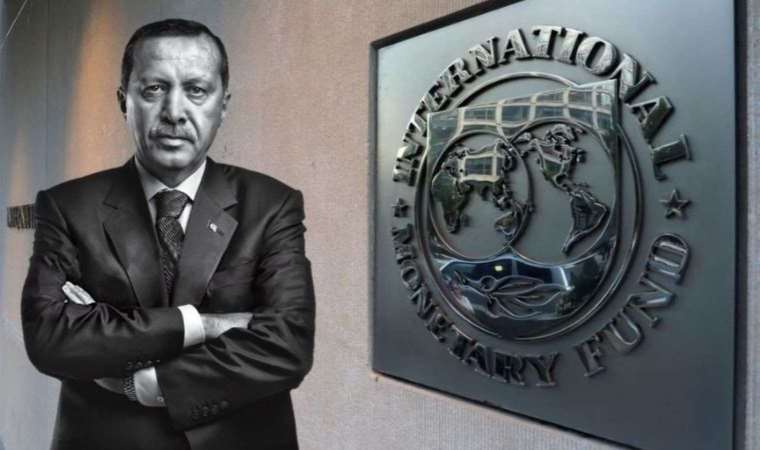
The recent significant interest rate hike by the Central Bank, aligned with Treasury and Finance Minister Mehmet Şimşek's policies, can be summed up as follows:
Turkey is gearing up for a more pronounced implementation of IMF policies in the upcoming period.
While this scenario isn't novel to Turkey, the AKP government strives to uphold the façade of resistance against IMF influence, reiterating the claim that "We haven't capitulated to the IMF; its authority diminished." An undisclosed strategy has been deployed to navigate the economic impasse under this pretence.
In essence, this concealed strategy aligns with what's commonly known as an IMF program.
Fundamentally, this program mirrors the blueprint imposed by multinational corporations (MNCs), a framework that the AKP initiated immediately upon assuming power.
***
For the benefit of our AKP fellows, let's draw a comparison using Turgut Özal as an example.
Turgut Özal, Turkey's 8th President, previously served as the undersecretary of the prime minister's office under the Demirel government, which was in power before the military coup on September 12, 1980. He was recognized as the architect of the January 24, 1980, economic decisions during this tenure. These decisions entailed devaluing the Turkish Lira, converting Turkey into a market for multinational companies, and significantly undermining the welfare state.
The September 12 coup occurred, and retired admiral Bülent Ulusu was appointed to form a government. Turgut Özal assumed the role of deputy prime minister responsible for the economy in Ulusu's administration. Özal continued to implement the January 24 decisions, which he had spearheaded before September 12.
On November 6, 1983, general elections have taken place, and the parliament reconvened. Turgut Özal resumed implementing the January 24 Decisions this time as the prime minister.
Why?
Different periods may unfold, but the economic management framework continues to align with MNC interests.
Erdoğan has outpaced Özal in this regard. During Özal's era, social opposition posed a relatively stronger resistance, and Özal, despite his disposition, retained more sensitivity toward the compared to the economic ethos of the Republic Erdoğan. As a result, not all MNC demands could be met.
Upon their arrival, the AKP shuttered one of Turkey's largest pharmaceutical facilities, the SSK pharmaceutical factory. They divested paper mills and Sümerbank factories for land values. In some privatized enterprises, the funds exceeded the privatization price.
Everything sold off, and When the well runs dry, the search for new assets began.
Economists struggled to interpret Erdoğan's assertion, "As long as I'm here, interest rates will fall." Similarly, the same economists remain puzzled by last week's interest rate surge that exceeded expectations. Their response? "Let's wait for the outcomes; perhaps then we'll comprehend."
***
Turning to the opposition...
It's insufficient to merely criticize the economy's deterioration or highlight Erdoğan's inconsistencies. It's not enough to point out the people's plight.
Opposition demands a resounding, unequivocal, and persuasive counter to the nameless IMF capitulationism, which underpins the AKP's ideology and yields MNC influence.
The opposition must declare its stance with clarity and conviction.
Or is this the opposition's strategy?
I lack alternatives. I would adopt the AKP's liberal policies, infused with just a little bit of empathy and a heightened consideration for the populace.

En Çok Okunan Haberler
-
 AFAD duyurdu: Ege Denizi'nde korkutan deprem!
AFAD duyurdu: Ege Denizi'nde korkutan deprem!
-
 Premier Lig'den Arda'ya çılgın teklif!
Premier Lig'den Arda'ya çılgın teklif!
-
 Kayıp ekonomist Berzeg olayında yeni gelişme!
Kayıp ekonomist Berzeg olayında yeni gelişme!
-
 Çağlayan'da 'Erdoğan' ve 'Deccal' krizi
Çağlayan'da 'Erdoğan' ve 'Deccal' krizi
-
 Ali Yerlikaya'dan '1 Mayıs' açıklaması
Ali Yerlikaya'dan '1 Mayıs' açıklaması
-
 Kurultay sonrası üst düzey istifa
Kurultay sonrası üst düzey istifa
-
 Ahmet Ercan'dan sabaha karşı 'deprem' mesajı
Ahmet Ercan'dan sabaha karşı 'deprem' mesajı
-
 İYİ Parti'de yeni dönem istifalarla başladı
İYİ Parti'de yeni dönem istifalarla başladı
-
 Ankara’nın diğer yarısı da oğlu ve gelininmiş!
Ankara’nın diğer yarısı da oğlu ve gelininmiş!
-
 Özgür Özel'den yasağa karşı adım
Özgür Özel'den yasağa karşı adım



